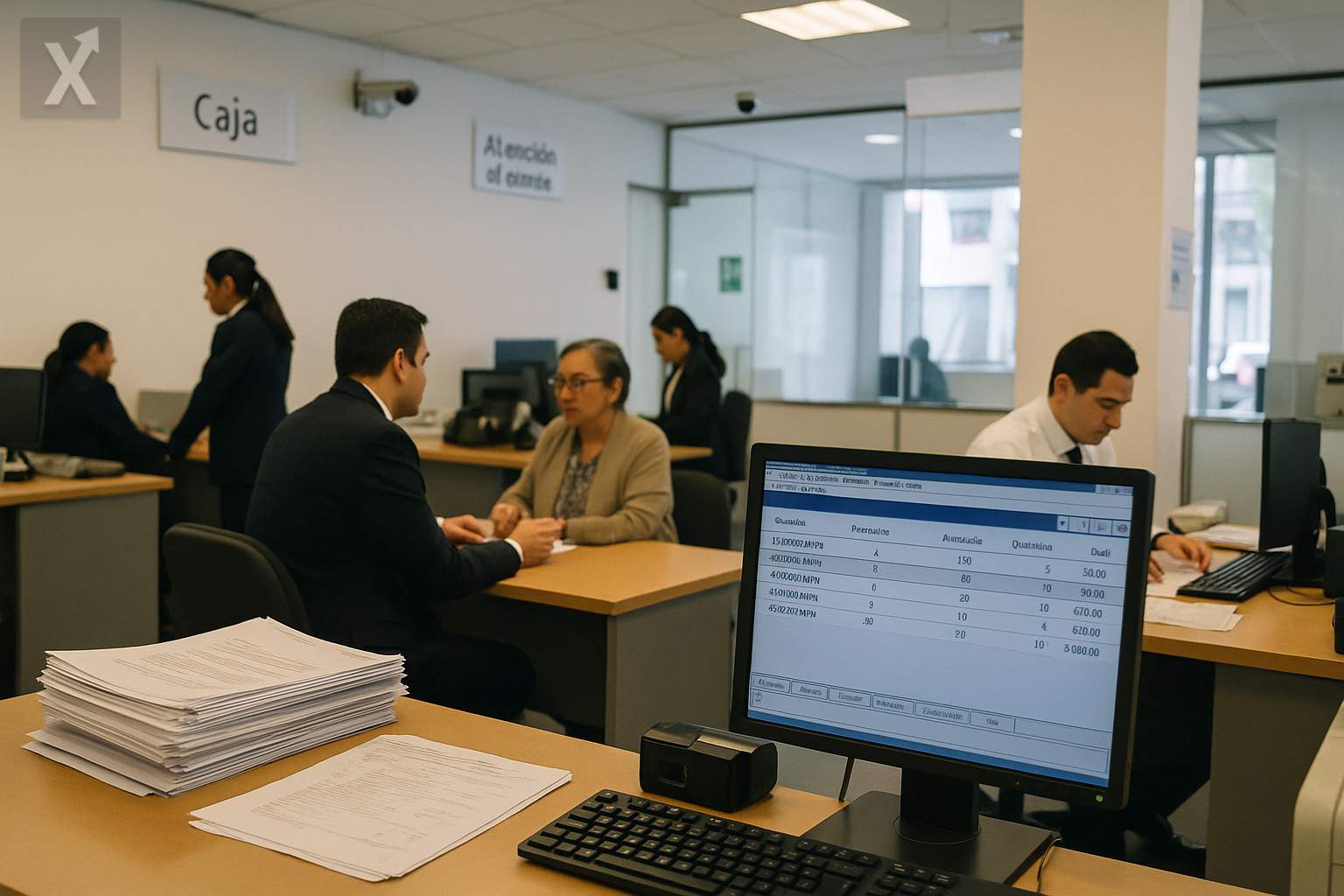U.S. Authorities Accuse Three Mexican Banks of Facilitating Money Laundering Linked to Cartels

The U.S. Department of the Treasury has issued a series of accusations against three Mexican financial institutions—CIBanco, Intercam, and Vector—alleging ties to money laundering and operations associated with drug trafficking. The accusations are part of the first actions under the Fentanyl Sanctions Act, a U.S. legal instrument aimed at disrupting the financial chain that supports the production and distribution of this synthetic opioid, which has worsened the public health crisis in the United States.
According to U.S. authorities, the banks directly or indirectly facilitated the transfer of funds to foreign companies involved in supplying chemical precursors used to manufacture fentanyl. Data provided by the Financial Crimes Enforcement Network indicates that CIBanco, with approximately $7 billion in assets, and Intercam, with $4 billion, were allegedly involved in significant financial transactions since 2021. Vector, which manages nearly $11 billion in assets, was named for purportedly facilitating payments on behalf of Mexican criminal organizations.
The allegations include the reported opening of accounts for members of the Gulf Cartel and the facilitation of multi-million dollar payments to companies based in China, the main source of chemical inputs for fentanyl production in Mexico. Additionally, the U.S. Treasury notes alleged meetings between Intercam executives and members of the Jalisco New Generation Cartel (CJNG) to coordinate money laundering schemes and international transfers.
So far, the financial institutions named have not issued public statements in response to the accusations. While Mexican authorities have yet to release official positions regarding these actions, the episode underscores the growing international pressure to strengthen mechanisms for preventing and detecting illicit activities within the national financial system.
In recent years, the Mexican economy has maintained a complex relationship with the global financial system, particularly in the context of combating organized crime and drug trafficking. Collaboration and information sharing between Mexican and U.S. institutions have been key to detecting, investigating, and penalizing money laundering activities, although gaps in regulation and oversight persist that may be exploited by international criminal networks.
Structurally, Mexico faces the challenge of reinforcing its regulatory framework and improving its capacity to detect illicit financial movements, while maintaining competitiveness and confidence in its banking sector. The public exposure of these cases may have consequences not only for the international reputation of the involved financial institutions, but also for the country's risk perception, impacting the cost of financing and foreign direct investment.
In summary, the Treasury Department’s accusations not only highlight concerns about drug trafficking finances, but also underscore the need to continue modernizing controls within the Mexican financial sector. Looking ahead, strong legal and operational coordination between both countries is essential to prevent system institutions from continuing to be used for illicit purposes, without undermining the stability and development of the national banking sector.
In conclusion, the international spotlight on Mexico’s financial system reveals both the difficulty of combating money laundering and the urgent need to strengthen regulatory controls. The implications for the national economy and trust in its institutions make a rapid and effective response imperative to preserve the integrity of Mexico’s financial system.





